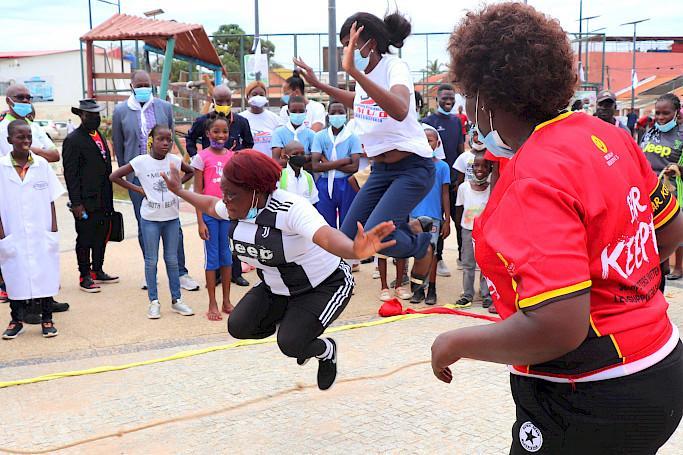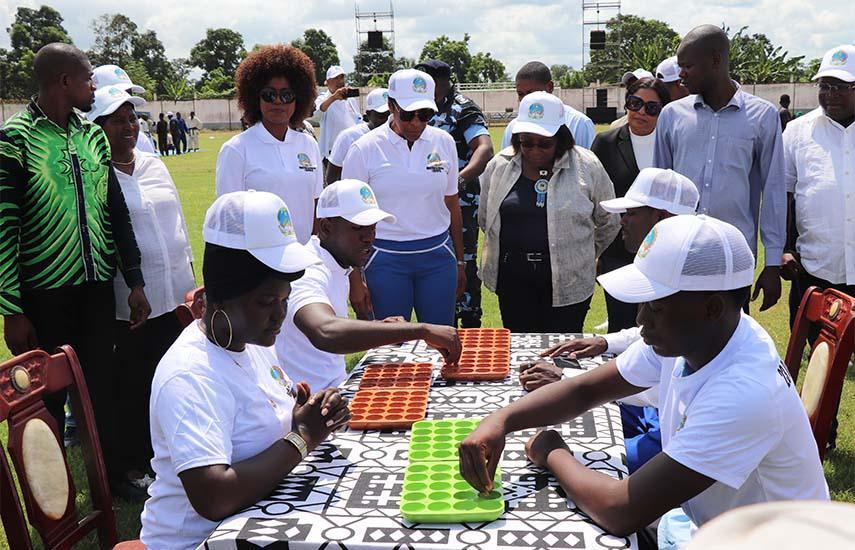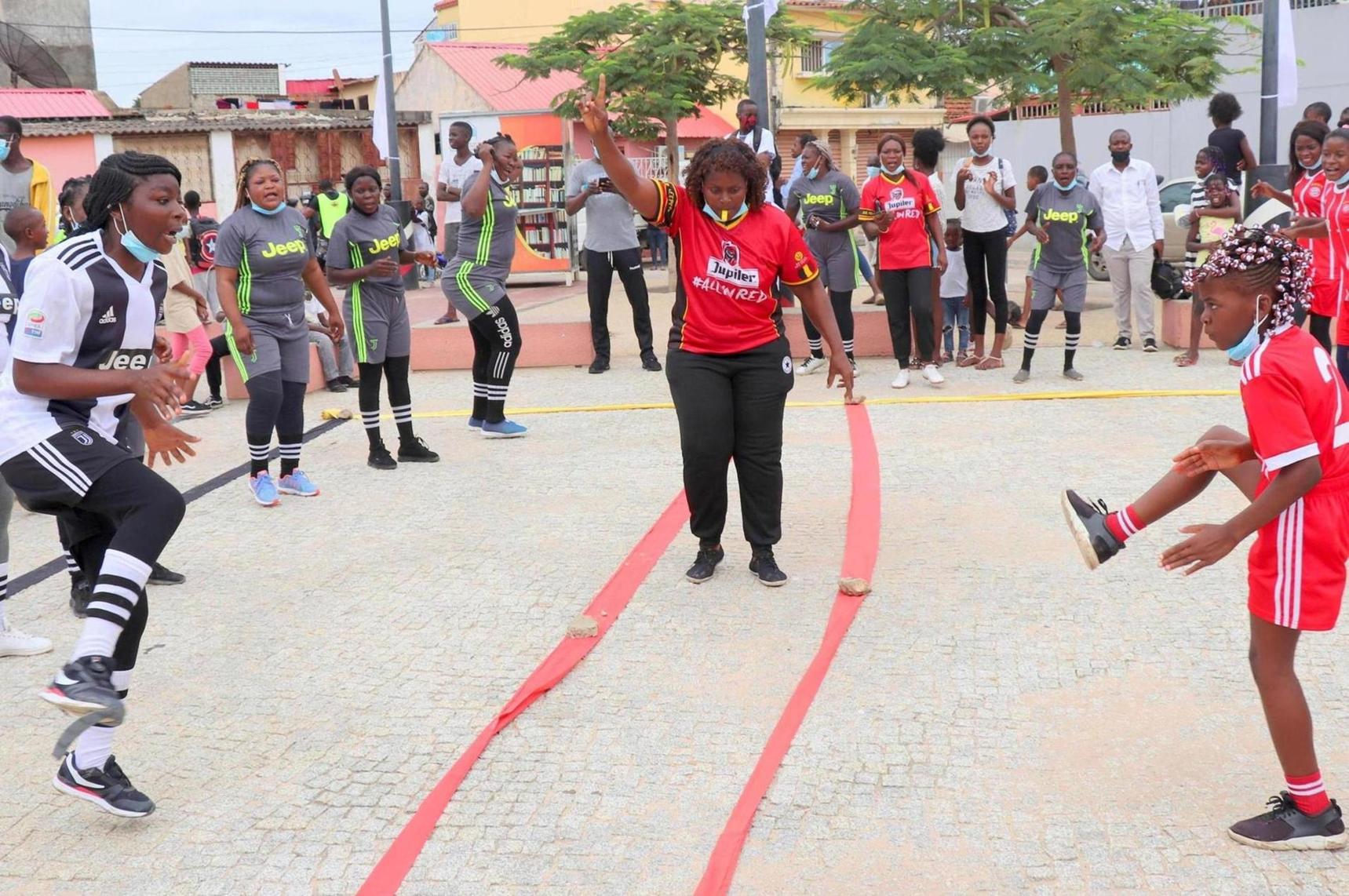Africa-Press – Angola. Secular in the world, in Angola, Traditional Games need to be perpetuated through transmission from generation to generation, at a time when, after inertia, revitalization programs are being experimented by the Ministry of Youth and Sports (MINJUD).
This playful, recreational and cultural activity whose target group is children, young people and adults from a given community or society, depending on their social and cultural values, has been a preferred practice since the period before and after independence, achieved in 1975.
Developed with greater incidence in the musseques, this way of doing sport, based on genuine practices of a people, fell into disuse and for its recovery the MINJUD created an installation commission that should result in the constitution of nuclei, provincial associations and federation.
Meanwhile, in Luanda, an Association of Traditional Sports was created, led by Afonsina Mazambe, but in six years of existence its actions are still not well known.
The supervising ministry proceeded with the official relaunch of mass actions of Angolan Traditional Games in May 2022, in a ceremony that took place at the Sports Gallery.
Earlier, in 2021, the process was officially launched in the city of M’banza Congo (Zaire), following a proposal by the Angolan Government presented in 2017, at the 6th International Conference of Ministers and Senior Officials of Physical Education and Sports ..
Subsequently, various activities have been organized in some provinces of the country, such as Luanda, Huambo, Namibe and Cunene, but even so in numbers and on occasions scarce for the desired dimension.

On the subject, researcher Tiago Manuel recently defended, in an interview, in Luanda, the need for the urgent creation of a support fund for the development of this activity.
With a degree in Communication Sciences from the Agostinho Neto University, at the Faculty of Social Sciences, the specialist stated that the country is rich in native games, which need to be known not only nationally but also internationally.
For this, he said that the will to make it happen is not enough, being necessary financial allocation from the State, via the Ministry of Sports or sponsors for the projects to get off the ground.
The also professor of history thinks that the creation of an institutional fund would be part of the solution for reversing the situation.
The official stressed that he has two projects in his portfolio for learning books and rules for 12 Traditional African Games on the board.
These two books, translated into national languages, according to interlocutor, are divided into the 1st volume, The Traditional African Neuroscience (African Psychotechnical Games System) and the 2nd, Cultural Communication and Sport, of the African Traditional Games.
According to the researcher, with the launch of the works, massification in various regions of the country will be more effective.

During the term of former minister Ana Paula do Sacramento Neto, MINJUD registered 118 Traditional Games in Angola, of which 24 were cataloged in the provinces of Luanda, Huíla, Namibe and Cunene, a process that had the support of UNESCO.
The Ministry of Youth and Sports, on behalf of its provincial offices of Culture, Tourism and Youth, continues to catalog other games.
Among the well-known Traditional Games, highlights include bica lata, rink race, fica-ficau, can-latinha (from Lunda Sul), bica bidon and donkey (Benguela), in addition to the bottle, musical chairs, tying a scarf, zero or nzango, jump rope, thirty-five and cymalha or macaca, ludo (aka don’t get angry), bottle, lady and wella.

The Association for Women and Sport (AMUD) has been the organization that most carries out activities of this kind in educational institutions or in open-air spaces, usually on festive dates with the aim of massification.
Luanda, Huíla, Namibe, Cunene and Huambo were the last provinces where the actions were felt, with the movement of more than fifty children and young people, of both sexes.

For More News And Analysis About Angola Follow Africa-Press






